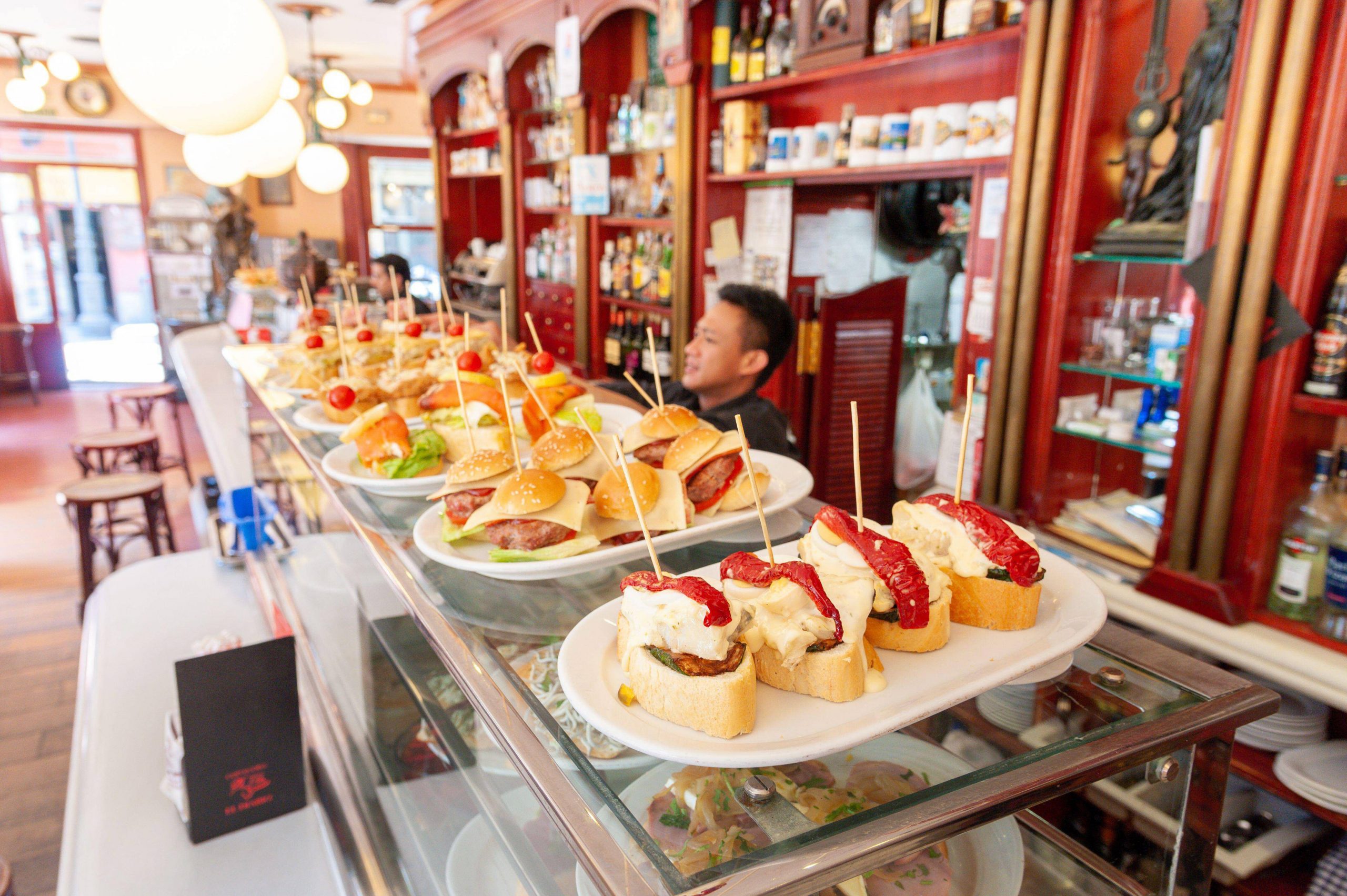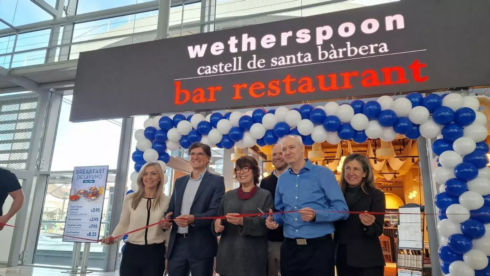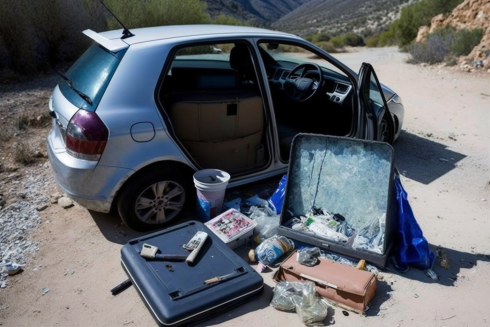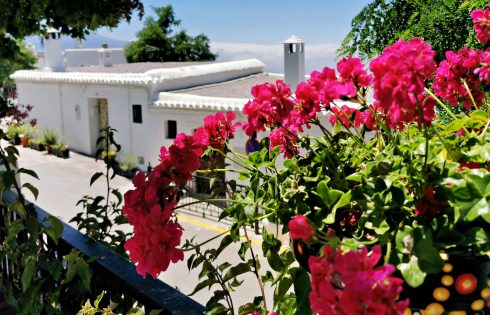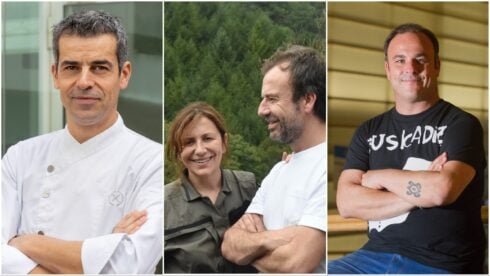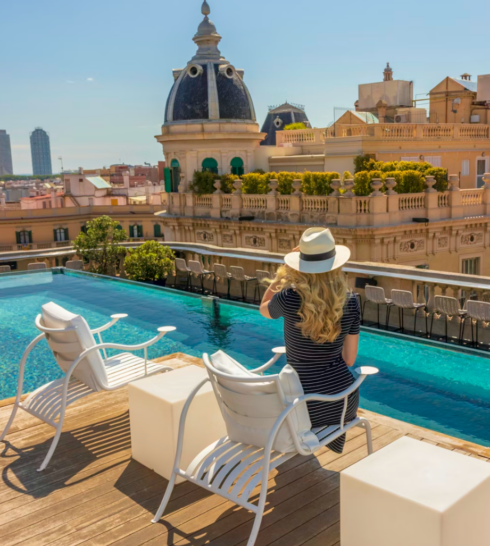IT’S A FAMILIAR experience for lovers of Madrid’s tapas bars. There’s barely room to move, let alone find a space to set down your drink and tasty bite-sized morsel; an overwhelming hubbub of noise bounces off the walls; and in the midst of all of this chaos, highly professional waiters with a lifetime of experience under their aprons glide from patron to patron, somehow keeping track of exactly who ordered what and whether they’ve received it yet.
But the pandemic has changed this very Spanish way of eating and drinking according to Madrid-based YouTuber James Blick, who is one of the leading English-speaking foodie authorities not just in the Spanish capital but all around the country.
The 44-year-old New Zealander recently shared an observation via his social media accounts that rather than the free-for-all that is so characteristic of the city’s tapas bars, several have held on to the booking system – with limited timings included – that they implemented during the Covid-19 pandemic.
‘The first case I saw was at a bar called La Castela,’ he tells The Olive Press. ‘It has a restaurant out the back but the bar room was a typical spanish bar room, it was always wonderful chaos.’
But now you can’t stand in the middle of the bar and eat and drink, and instead are forced to reserve the high-top tables in the establishment.
Blick also saw a major change at Casa Revuelta (Calle de Latonerso 3, https://www.casarevuelta.com), a popular taberna ‘where you would squeeze in with as many people as would fit’.
Now at busy times, the bar actually has someone on the door controlling the capacity inside.
‘You can only go in if there’s a free surface,’ explains Blick. ‘It takes the fun out of it because you want to go in and find your own surface,’ he laments.
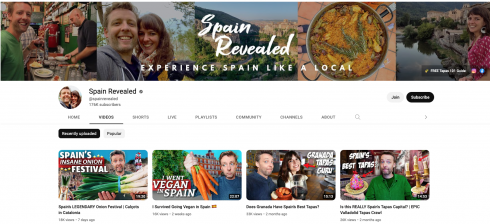
Jose Luis Roman Rodriguez, the owner and boss of La Castela (Calle Doctor Castelo 22, http://restaurantelacastela.com), confirms that his team has opted to keep the pandemic-era system of bookings.
‘It was like an organised chaos. There used to be a lot of noise, a lot of movement,’ he explains about the old way of doing things. ‘It was a system established between the patrons and the staff.’
Now the bar exclusively uses the reservation system for busy days, with three time slots available around lunchtime and three at night.
He claims that this allows them to offer a better service. ‘Before where there were 80 people, now there are 30 or 40 with the table system,’ he says. ‘It optimises the service and we can attend to the patrons better.’
The system has not been well received by everyone, however, and has drawn its fair share of criticism online. What’s more, it has had a negative effect on the bar’s income, due to the lower number of customers – something that Rodriguez says may mean they scrap it in the future.
And have there been any more changes in Madrid’s lifestyle thanks to the pandemic? Rodriguez says that he has noticed ‘people’s lust for life’ in the wake of the health crisis.
Blick, meanwhile, says that he has seen Spaniards lose that famed comfort they have in ‘a very small personal space bubble.’
‘I’ve seen it in my bakery,’ he explains ‘People are more reluctant to crowd in. And maybe you think twice now before you give people two kisses on the cheek.’
Read more:
- Flavours of Córdoba: A tour of Córdoba’s tastiest dishes
- Vintage Warfare: Exploring the oldest foods in Madrid and Barcelona
- A shooting star in Cordoba: Andalucia’s first female Michelin star chef
Click here to read more Madrid News from The Olive Press.

